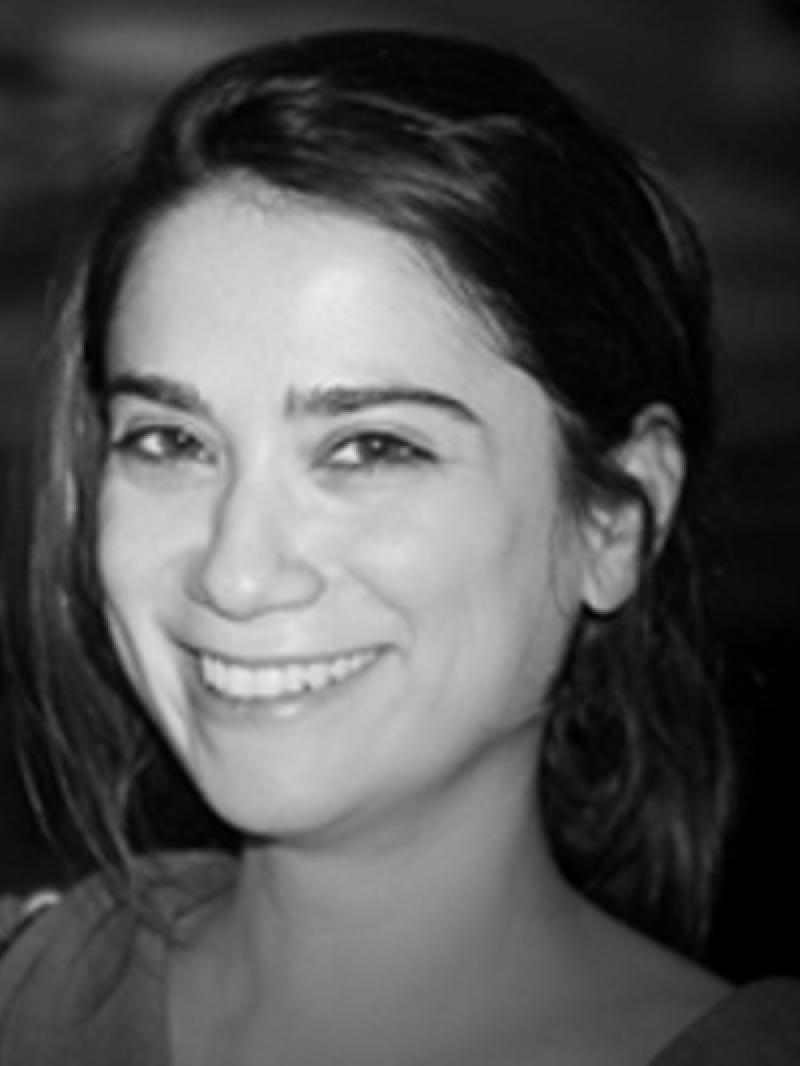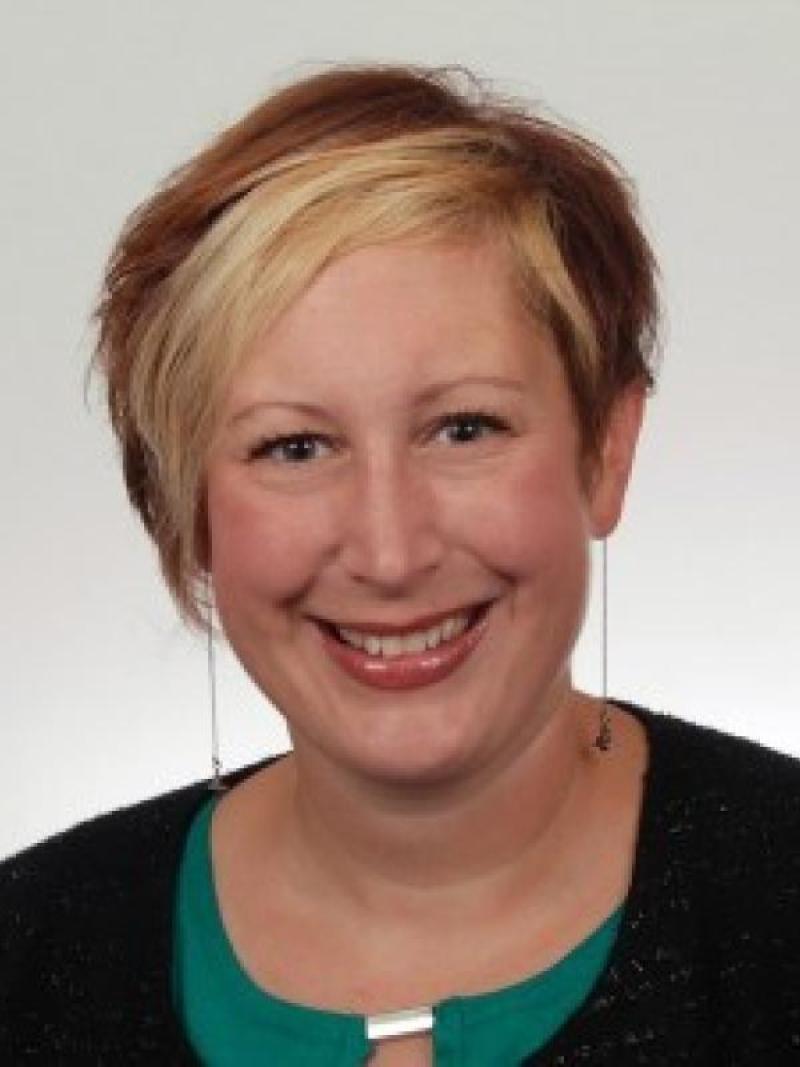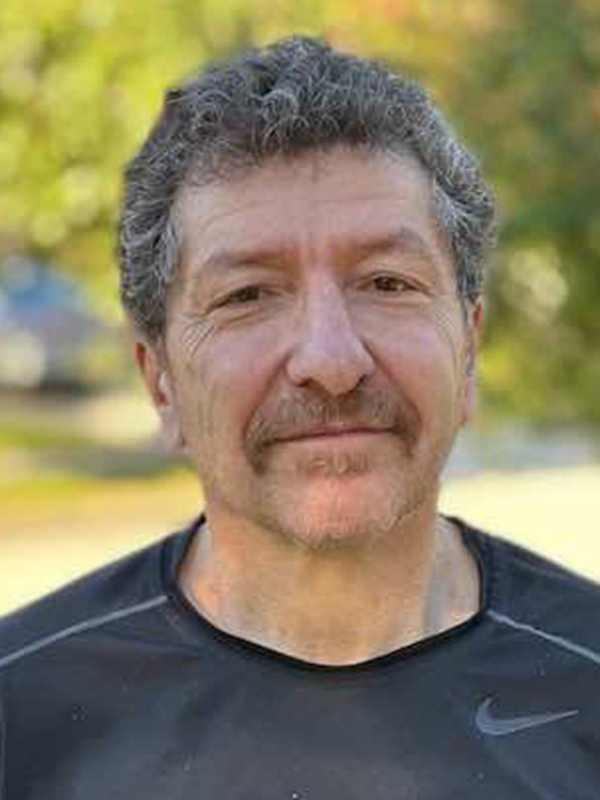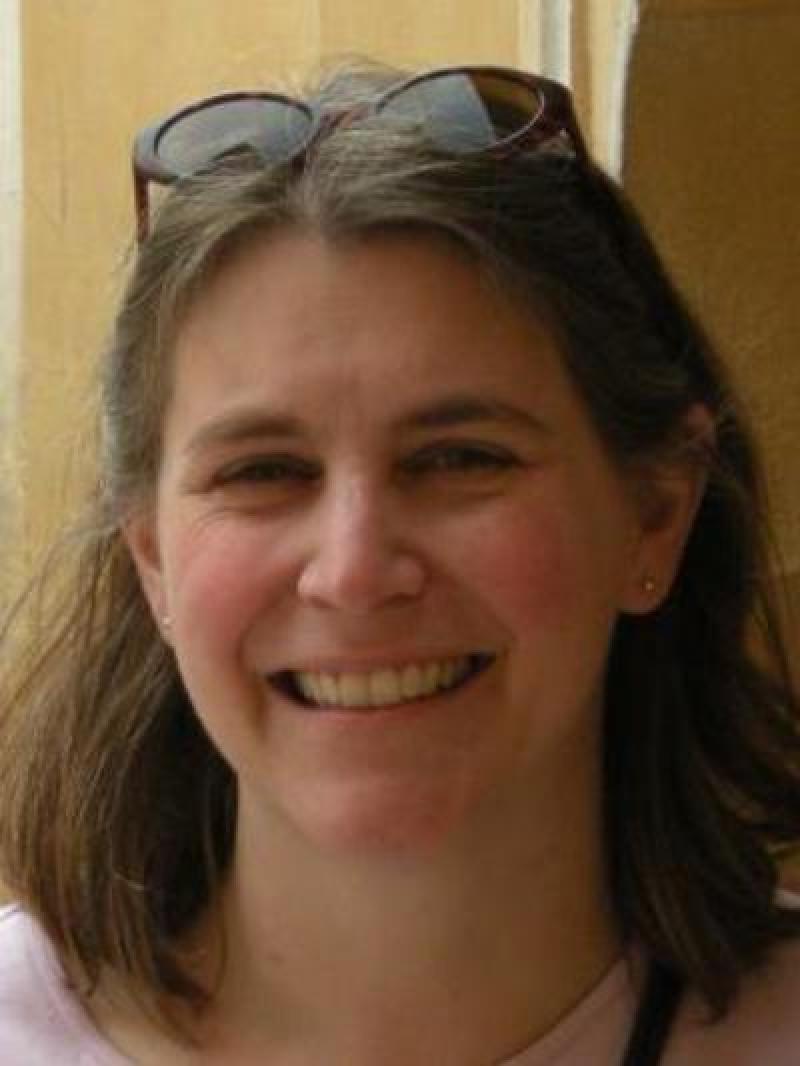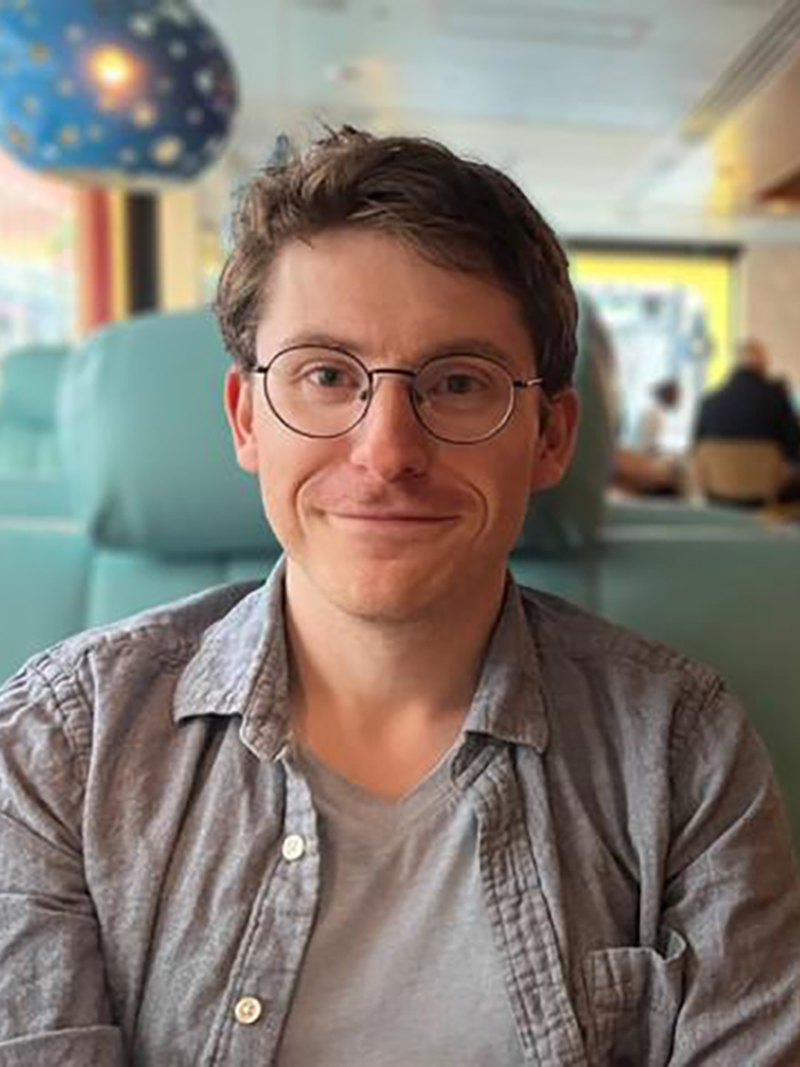Developmental Psychology
For more detailed information about program requirements and expectations, review the program handbook.
Overview
Students in the Developmental Psychology graduate program consider fundamental questions in the field of psychology from the perspective of developmental change. They primarily focus on cognitive development—including attention and memory, learning and conceptual development, language acquisition, reading development, and mathematics development—and the interactions among these processes. Secondary areas of emphasis include social cognition, moral development, and parent-adolescent relationships. Program faculty employ state-of-the-art experimental methods for studying cognition in infants and young children, such as preferential looking, habituation, EEG, fMRI, quantitative and molecular genetics, and microgenetic approaches.
Graduates of the Developmental Psychology program are well prepared for careers in academia or industry.
Qualifications
Applicants to the Developmental Psychology program should have an excellent academic record and research experience in a related field. Additionally, the GRE is recommended.
Program of Study
The Developmental Psychology graduate program is designed to be completed in four to five years. During the first two years of the program, students take a series of core courses that prepare them intellectually and methodologically. By the end of the second year, students are expected to complete their Master's degree, along with a Master’s thesis. They also work with their advisors to select additional coursework that will prepare them for the candidacy examination, to be taken at the end of the third year of the program. Upon passing the exam, students are admitted to PhD candidacy and typically spend up to two additional years completing their dissertation.
Coursework
Core coursework in the Developmental Psychology graduate program focuses on cognitive development, social development, and language acquisition, as well as statistics and developmental methods. Required courses include:
- Psych 6835: Child Development
- Psych 6849: Research Methods in Developmental Psychology
- An advanced seminar
- Two statistics courses (Psych 6810 and Psych 6811)
- Two courses outside of the Developmental Psychology area (not counting statistics)
- The Developmental brownbag series
Students also take specialized courses that connect to their specific research interests.
Research
Developmental Psychology students begin the graduate program working closely with faculty and assisting with ongoing research. As students gain competence and experience, they assume larger roles in the conception and initiation of projects and eventually become full research collaborators. Students are encouraged to work closely with faculty members, but independent research is also encouraged.
In preparation for their Master's thesis and eventual dissertation, Developmental Psychology students work with their advisors to identify their specific research interests. They are expected to present research plans (and associated pilot data) at the Developmental Proseminar before the end of their first year. Past students have conducted research on the development of cognition, perception, learning, emotional processing, and social relationships.
Facilities and Equipment
Developmental Psychology graduate students have office space in the Psychology Building, where they also have access to state-of-the-art lab facilities and equipment for working with adults, infants and toddlers. This includes eyetrackers, neuroimaging (MRI, EEG), and laboratory space appropriate for direct observation and evaluation of social development and relationships.
Students also often go off-site to test children at preschools and at COSI (Center of Science and Industry), a Columbus-based science museum where Ohio State has laboratory space. Additional facilities for working with young children are available in the Cognitive Development Lab within the Center for Cognitive and Brain Sciences, an interdisciplinary research center affiliated with the Department of Psychology.
Seminar Series
The Developmental Psychology area hosts talks by both internal and external speakers who are experts in a wide range of topics including the development of cognition, perception, learning, emotional processing, and social relationships. Most talks are offered both in person and on Zoom. Please contact area coordinator Zeynep Saygin for more information. Learn more →
Core Faculty



